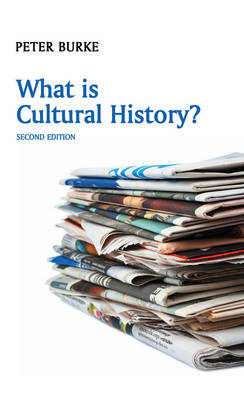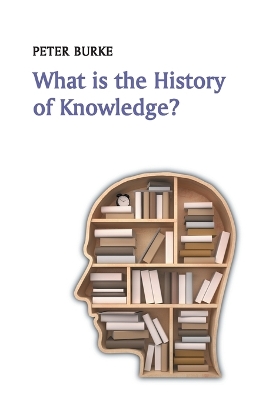What is History?
2 total works
What is Cultural History? has established itself as an essential guide to what cultural historians do and how they do it. Now fully updated in its second edition, leading historian Peter Burke offers afresh his accessible guide to the past, present and future of cultural history, as it has been practised not only in the English-speaking world, but also in Continental Europe, Asia, South America and elsewhere. Burke begins by providing a discussion of the 'classic' phase of cultural history, associated with Jacob Burckhardt and Johan Huizinga, and of the Marxist reaction, from Frederick Antal to Edward Thompson. He then charts the rise of cultural history in more recent times, concentrating on the work of the last generation, often described as the 'New Cultural History'. He places cultural history in its own cultural context, noting links between new approaches to historical thought and writing and the rise of feminism, postcolonial studies and an everyday discourse in which the idea of culture plays an increasingly important part.
The new edition also surveys the very latest developments in the field and considers the directions cultural history may be taking in the twenty-first century. The second edition of What is Cultural History? will continue to be an essential textbook for all students of history as well as those taking courses in cultural, anthropological and literary studies.
The new edition also surveys the very latest developments in the field and considers the directions cultural history may be taking in the twenty-first century. The second edition of What is Cultural History? will continue to be an essential textbook for all students of history as well as those taking courses in cultural, anthropological and literary studies.
What is the history of knowledge? This engaging and accessible introduction explains what is distinctive about the new field of the history of knowledge (or, as some scholars say, knowledges in the plural ) and how it differs from the history of science, intellectual history, the sociology of knowledge or from cultural history. Leading cultural historian, Peter Burke, draws upon examples of this new kind of history from different periods and from the history of India, East Asia and the Islamic world as well as from Europe and the Americas. He discusses some of the main concepts used by scholars working in the field, among them order of knowledge , situated knowledge and knowledge society . This book tells the story of the transformation of relatively raw information into knowledge via processes of classification, verification and so on, the dissemination of this knowledge and finally its employment for different purposes, by governments, corporations or private individuals. A concluding chapter identifies central problems in the history of knowledge, from triumphalism to relativism, together with attempts to solve them.
The only book of its kind yet to be published, What is the History of Knowledge? will be essential reading for all students of history and the humanities in general, as well as the interested general reader.
The only book of its kind yet to be published, What is the History of Knowledge? will be essential reading for all students of history and the humanities in general, as well as the interested general reader.

